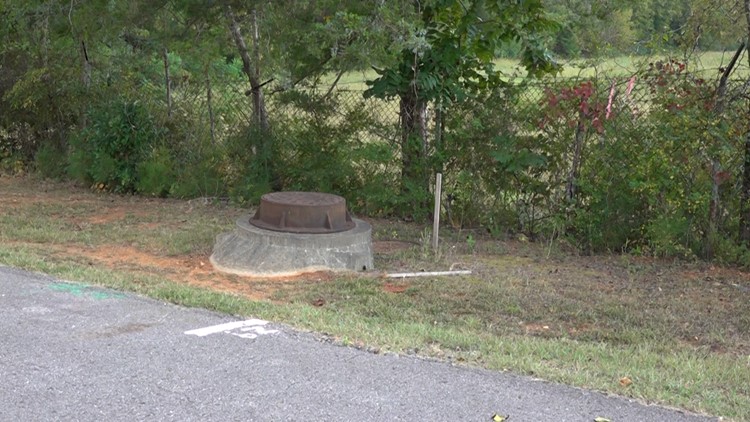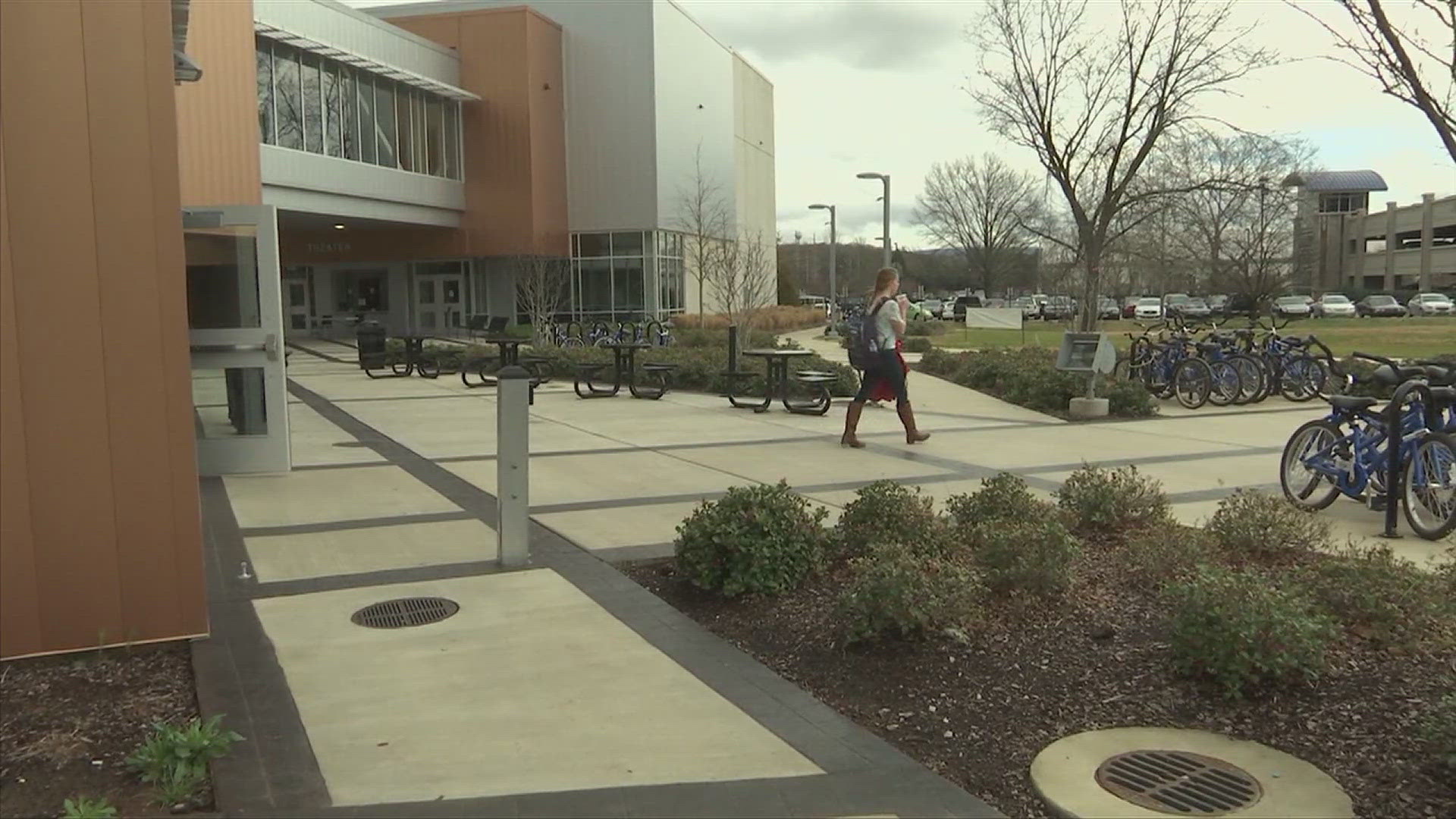HUNTSVILLE, Ala. — Heavy rainfall can bring many problems, especially to septic tank system. "We had a lot of phone calls this morning about systems back up, you know, toilets gurgling," Leigh Salter, director of Community Enviromental Protection for the Alabama Department of Public Health shares. " This is the time of year where, you know, especially with the amount of rainfall that we had last night."
Residents who use an onsite sewage disposal system may be experiencing performance problems due to rain-soaked conditions. "So, when you have an onsite system that has that amount of water that's going into the field lines that are out in your yard, it can cause sewage to back up into your house," Salter explains. "Just look in their yards, look at it, see if they have any soft spots, if they smell any sewage, if there's any indentations, you know, like potholes, things that are collecting water. What we want people to know is, you know, don't be alarmed, because, of course, it's in the ground. and when the ground is saturated, the sewage has nowhere to go."
Signs that a septic system is not working properly include sinks and toilets that drain slowly, floor drains that overflow, and visible sewage outside the home. ADPH is recommending water conservation if this occurs.
From ADPH:
· Limit water usage when possible.
· Consider staggering periods of prolonged water usage such as bathing and laundering, when possible.
· Consider laundering at commercial establishments, as this will significantly reduce the demand on your own system.
· Inspect disposal areas for depressions where rainwater ponding may occur. Adding soil to these depressions will aid in surface drainage.
· Inspect roof drainage and gutters to ensure that rainwater run-off is diverted away from the disposal area.
· Consider having your septic tank pumped out. This may provide temporary relief and may help with maintenance for long-term system performance. Do not open the septic tank for pumping while the soil is still saturated. Mud and silt may enter the tank and end up in the drainfield. Furthermore, pumping out a tank that is in saturated soil may cause it to "pop out" of the ground. (Likewise, recently installed systems may "pop out" of the ground more readily than older systems because the soil has not had enough time to settle and compact.) ADPH recommends having your septic tank pumped out every three to five years to eliminate sludge build-up.
· After weather conditions improve, the system should return to normal functioning. If you continue to experience problems with your system, contact your local health department environmentalist for assistance.
ADPH is asking for residents who are experiencing backups to give it a week or two. "Give it a week or two to help alleviate, you know, water usage," Salter shares. "You know, after a couple of weeks, if something hasn't subsided, you may want to call your local county health department and ask them, you know, to come out and look and see what they think."



